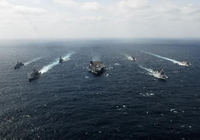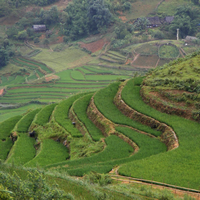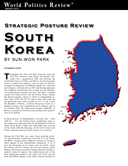
The government of South Korean President Lee Myung-bak has adopted the catchphrase “Global Korea” to signify its desire to play a more assertive role as a contributor to the international community. The same aspiration is reflected in South Korea’s emerging approach to global security issues as reflected in its 2008 Defense White Paper (.pdf), which states that in addition to maintaining stability on the Korean peninsula and building the foundations for national security and prosperity, a core national security objective is “enhancing competence and status internationally.” This widening outlook is particularly striking to those who are accustomed to Korea’s longstanding […]



